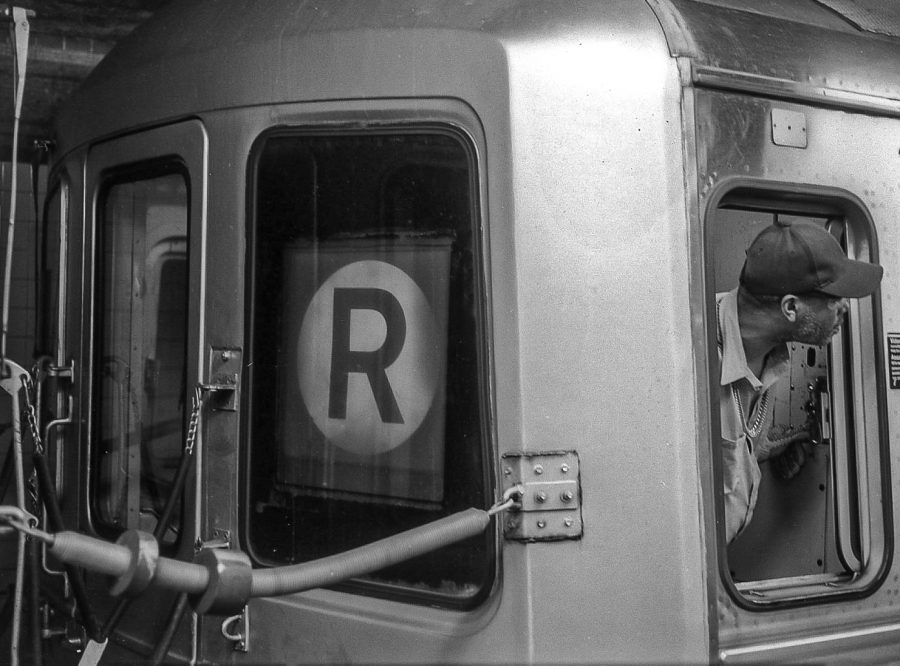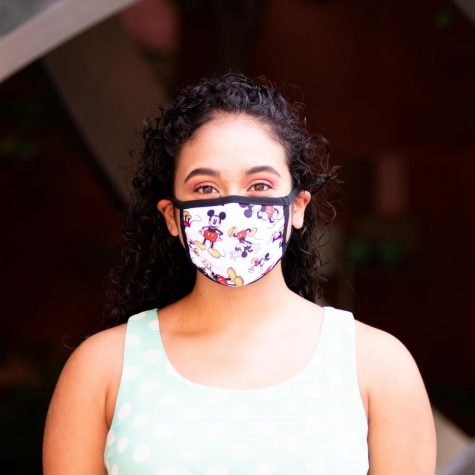NYU researchers win $4M grant to study COVID impact on transit workers
The five-year project launched in November will help develop preventative measures that protect frontline workers from this pandemic and future ones.
The MTA is responsible for public transportation in the New York City metropolitan area. The NYU School of Global Public Health received a $4 million federal grant to study the impact of COVID-19 on transit workers. (Staff Photo by Ryan Walker)
December 9, 2021
When COVID-19 began to spread in New York City last March, the services of the Metropolitan Transportation Authority were deemed essential, and transit employees were required to report to work. In the months since then, COVID-19 has impacted MTA employees — a majority of whom come from marginalized communities — the most, putting them on the frontlines of the pandemic.
In response, researchers from NYU’s School of Global Public Health launched a five-year project, which began in November, to study the pandemic’s disproportionate impact on the city’s transit employees. The researchers, along with the Transit Workers Union Local 100, were awarded a $4 million grant from the National Institutes of Health to identify ways to reduce occupational disparities in health outcomes.
“We’re grateful that NYU won this $4 million federal grant so it can continue this important research and recommend ways to better protect transit workers’ health,” Tony Utano, president of the transit union, said in a press release. “This is groundbreaking research that will be helpful in the ongoing battle with COVID-19 and other infectious diseases that might emerge in the future.”
Robyn Gershon, the principal researcher and Global Public Health clinical professor, said that transit workers have been incommensurately affected by the pandemic. Nearly one-third of the MTA’s 70,000 plus workers have refused to receive the vaccine.
“[Transit workers] and other essential work groups suffered disproportionately from exposure infection and adverse health outcomes associated with covid,” Gershon wrote to WSN. “The group has been disproportionately affected due to occupational health disparities.”
In October 2020, Gershon and other NYU researchers conducted a pilot study of 645 workers aiming to understand the scope of COVID-19’s effects on transit workers. They found that over 70% of employees feared for their safety at work, 24% had already been infected with COVID-19 and 38% had to quarantine at home due to exposure to the virus.
This preliminary study helped the researchers secure the federal grant to study how the pandemic affected transit workers and identify potential preventative measures.
“We submitted the grant application after we had conducted preliminary pilot studies,” Gershon wrote. “This strengthened our application and highlighted and underscored the need for additional study and, importantly, interventions to reduce risk to this and other pandemics.”
Through this study, Gershon hopes to create a plan of action to safeguard the physical and mental health of transit and other essential workers.
“We will design a bioevent disaster plan that will protect the health and mental health of transit workers and by extension other essential work groups,” Gershon wrote. “This plan will be targeting the transit environment, but will be adaptable for other non-healthcare essential workforces.”
MTA spokesperson Tim Minton said that further research into the pandemic’s effects on transit workers will help keep them safe.
“The MTA has been an industry leader in protecting transit riders and workers from COVID-19 by, among other steps, making subways and buses the cleanest they’ve ever been, distributing millions of masks along with hand sanitizer, maximizing air flow and filtration, and providing on-site access to COVID diagnostic testing and vaccinations,” Minton told WSN. “We welcome any truly collaborative data-driven scientific effort that seeks to identify additional ways to keep New Yorkers safe.”
Contact Nicole Chiarella at [email protected].

























































































































































